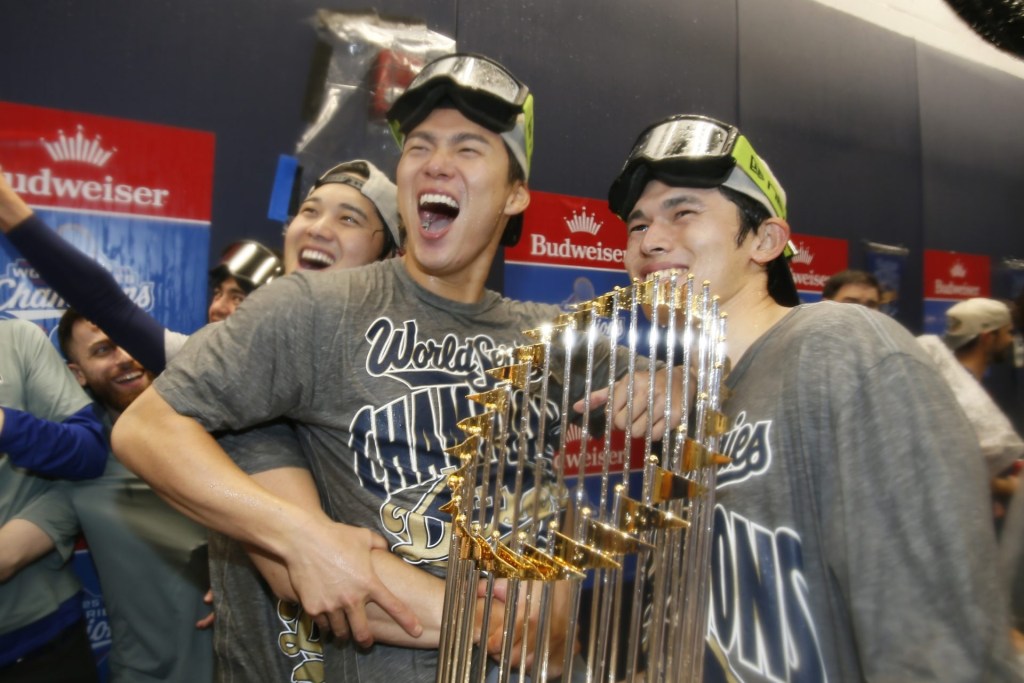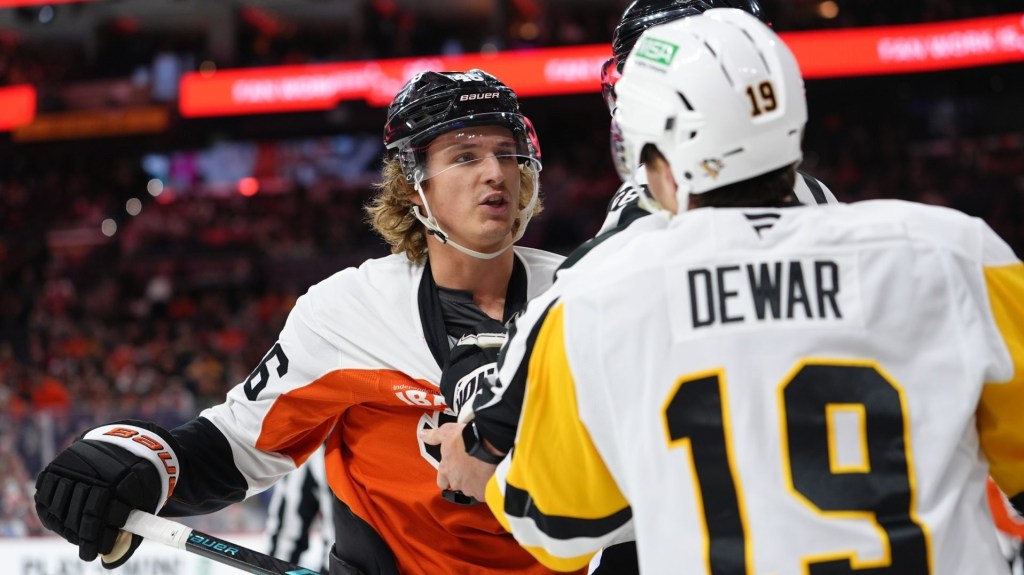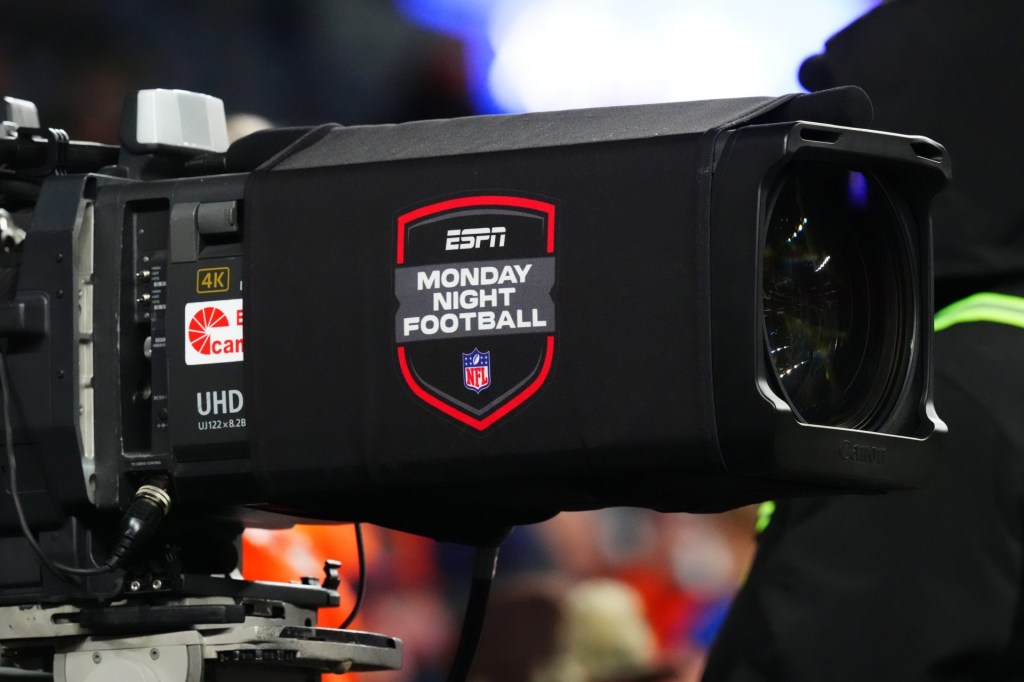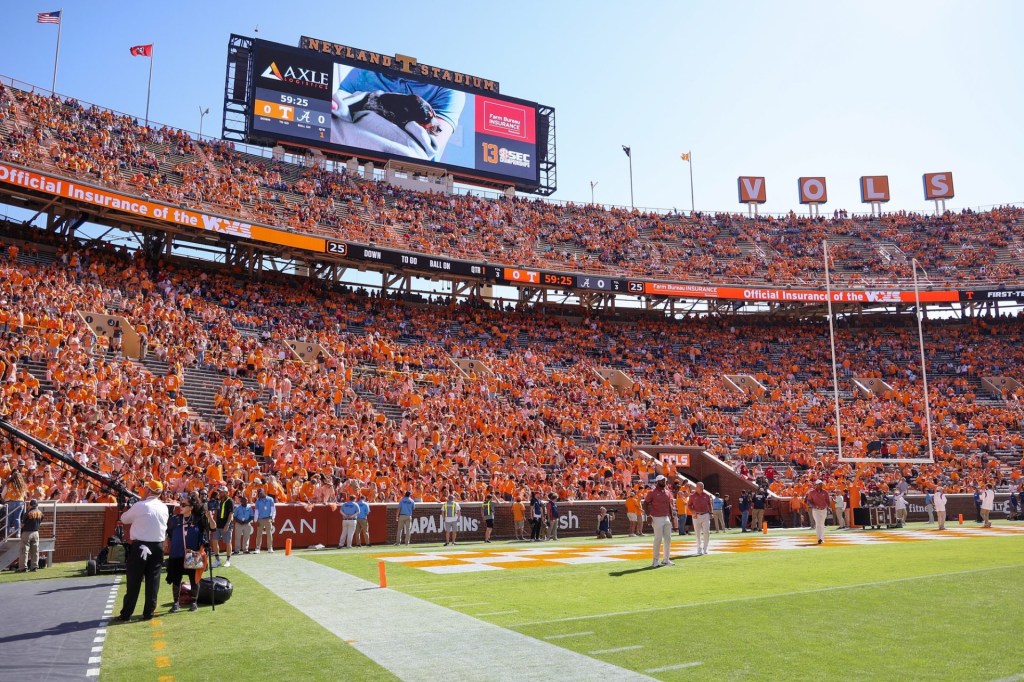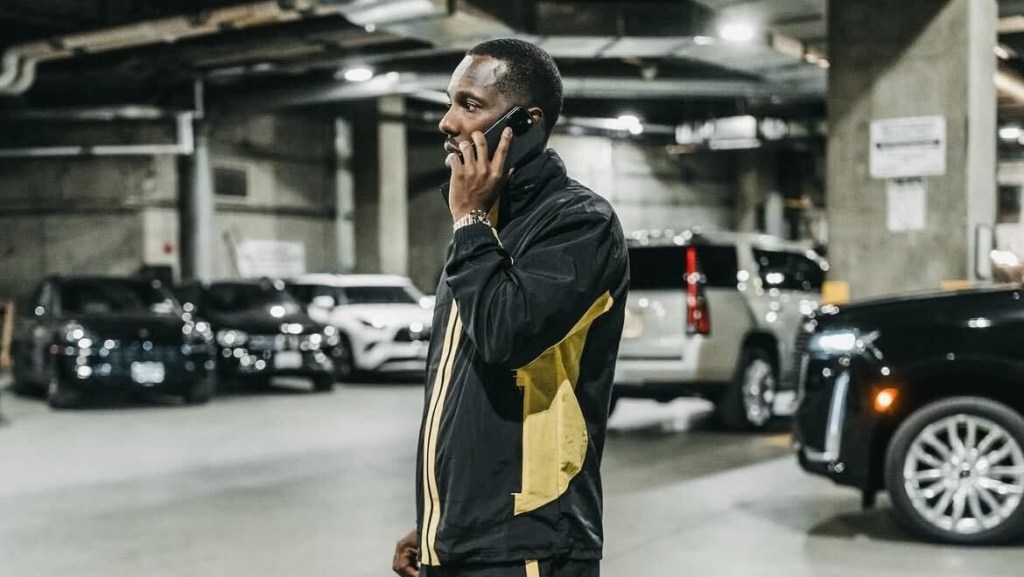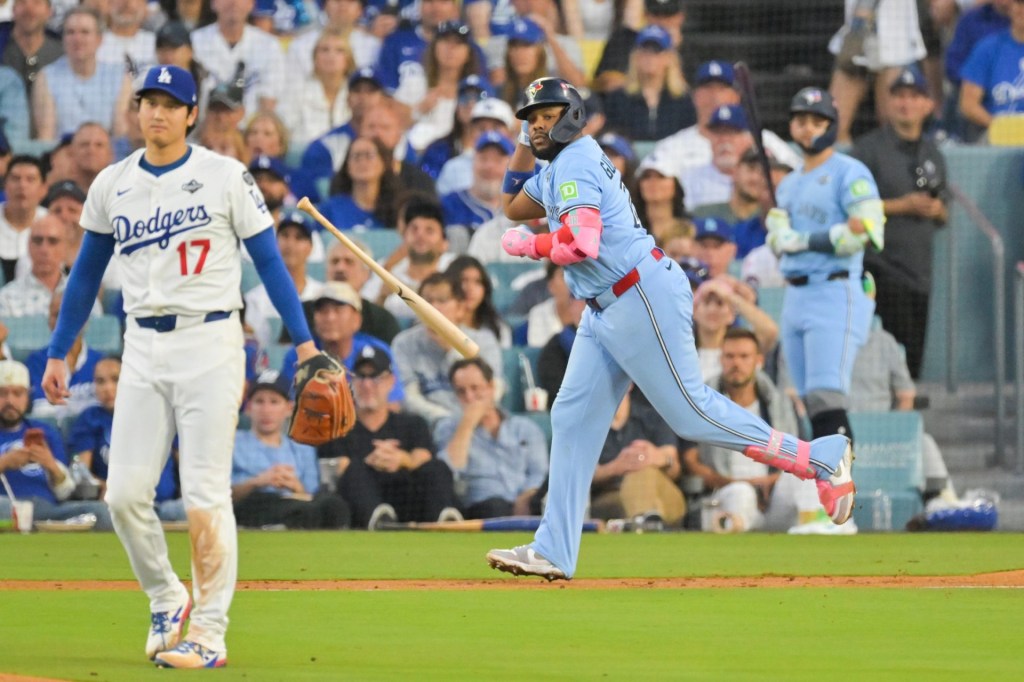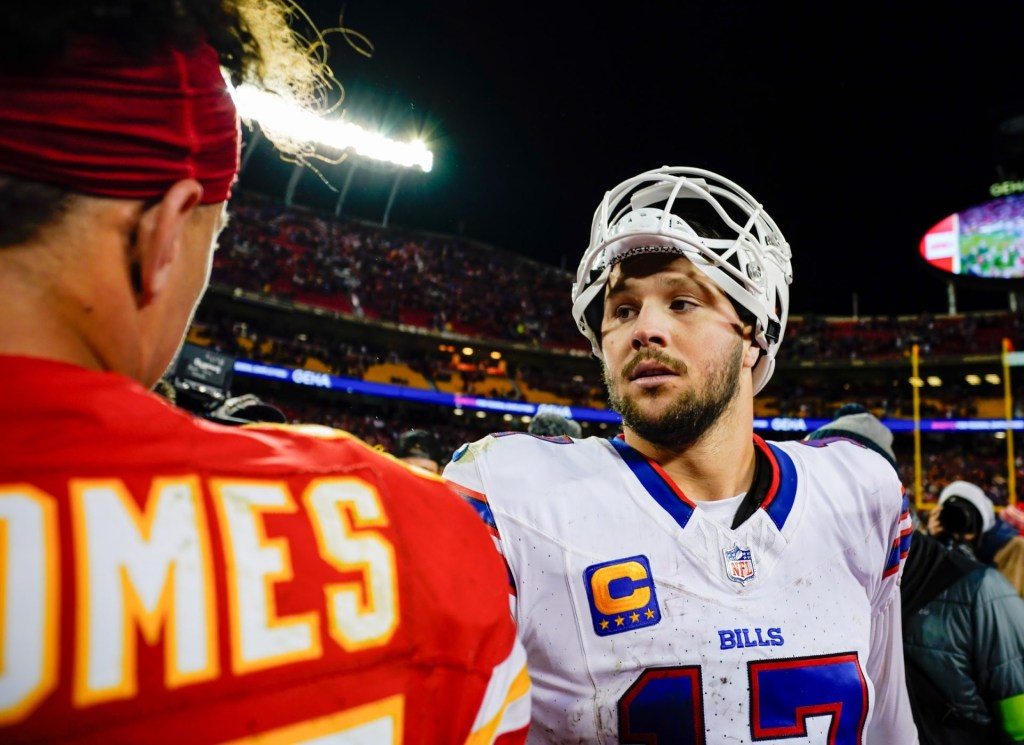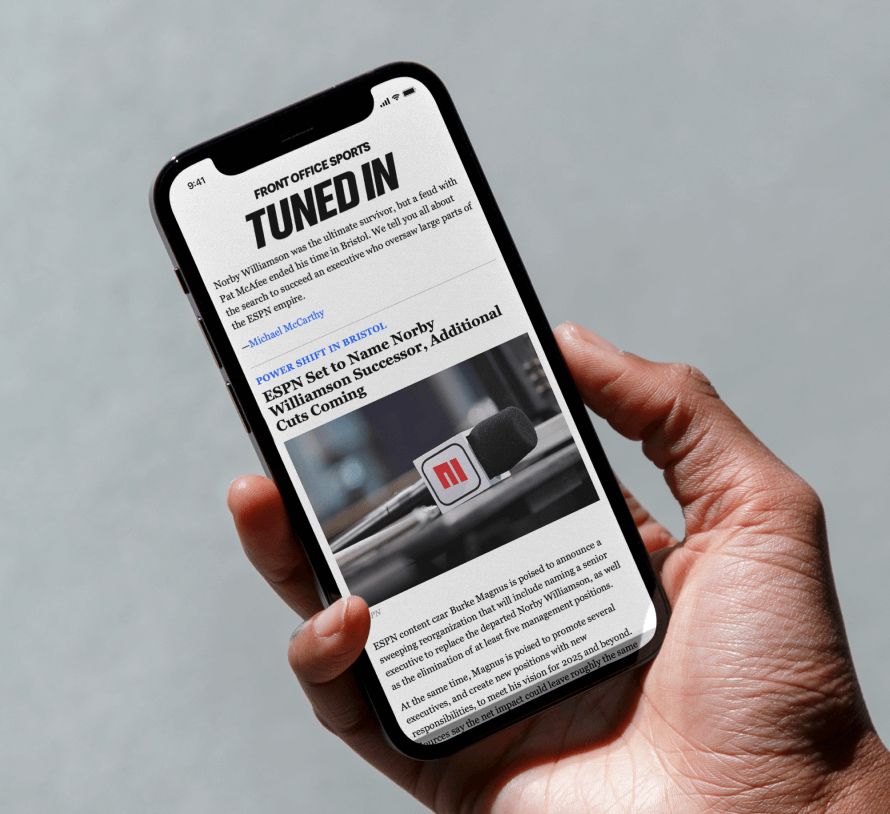Sometimes, companies just need to take the L – and move on.
That’s a lesson that ESPN’s social media team has yet to learn, given the controversy over a deep fake video starring new Milwaukee Bucks superstar Damian Lillard.
To summarize, ESPN’s SportsCenter account shared a manipulated video that appeared to depict Damian Lillard participating in an on-court interview with ESPN. However, the interview was not real and had been edited or fabricated somehow.
Instead, it was a digitally altered version of an interview Lillard did three years ago with TNT’s Chris Haynes in the NBA Bubble while he was still playing for the Portland Trail Blazers.
ESPN even went so far as to digitally replace the TNT logo with its own four letters on the microphone.
Portland radio host Danny Marang spotted the deception – and called out ESPN’s social media team on Twitter.
“Doesn’t feel like this kind of thing should be there [without] a disclaimer,” he tweeted.
You said it, Danny.
Over the weekend, ESPN was rightly slammed for using deep fake technology. The network issued one of those non-apology apologies to Sports Media Watch that was as fake as the post.
“We occasionally look to connect sports moments of the past with contemporary imagery and storylines as part of our social content. While it was never our intention to misrepresent anything for fans, we completely recognize how this instance caused confusion,” said ESPN.
Come again?
If it wasn’t ESPN’s “intention to misrepresent anything,” why did they paint a fake jersey on Lillard, a fake logo on the mic, and a fake logo on the hardwood?
If ESPN “completely” recognizes how the tweet would be confusing, why won’t they take it down?
As of Monday morning, it was still up – maybe because it has drawn 9 million views and counting.
Twitter even added a community note: “This interview originally took place during the 2020 NBA season, when Lillard was a member of the Portland Trail Blazers.”
Even more bizarre, the whole affair was an own goal by ESPN.
Here was Lillard scoring a Bucks-record 39 points in his team debut. They could have picked out a dozen dramatic game highlights from his historic debut. Instead, ESPN’s social media team risked the network’s journalistic credibility with a phony video that was quickly exposed.
“Given that ESPN is a branch of The Walt Disney Company, employers of perhaps the most infamously aggressive intellectual property attorneys on earth, you have to wonder if the network would welcome a different account using ESPN interviews for similar purposes,” warned Yahoo Sports.
“Above all, this is just weird and should leave fans with a bleak view of what’s to come if this is something ESPN really wants to do. There is so much content out there to aggregate, but the biggest sports accounts on the internet taking real videos and reworking them to suit their own branding would blur the lines between real and fake in a way that many people are already concerned about due to the increasing use of AI and deep fakes.”
After a year of painful layoffs, ESPN needs good news to boost morale. Ironically, they had it last week, with ESPN becoming the No. 1 brand on TikTok with 41 million followers.
Instead, they’re fibbing and double-talking about a social media post.
On Monday, I contacted Haynes for his view on ESPN appropriating his three-year-old Lillard video from the Bubble.
Haynes couldn’t be reached for comment. But he let his actions do his talking by retweeting an Awful Announcing story headlined: “ESPN completely misrepresents Damian Lillard interview in social media post.”
Everybody makes mistakes. It happens. If it was a bad joke, admit it. If it was a mistake, learn from it. Take the L and move on ESPN.
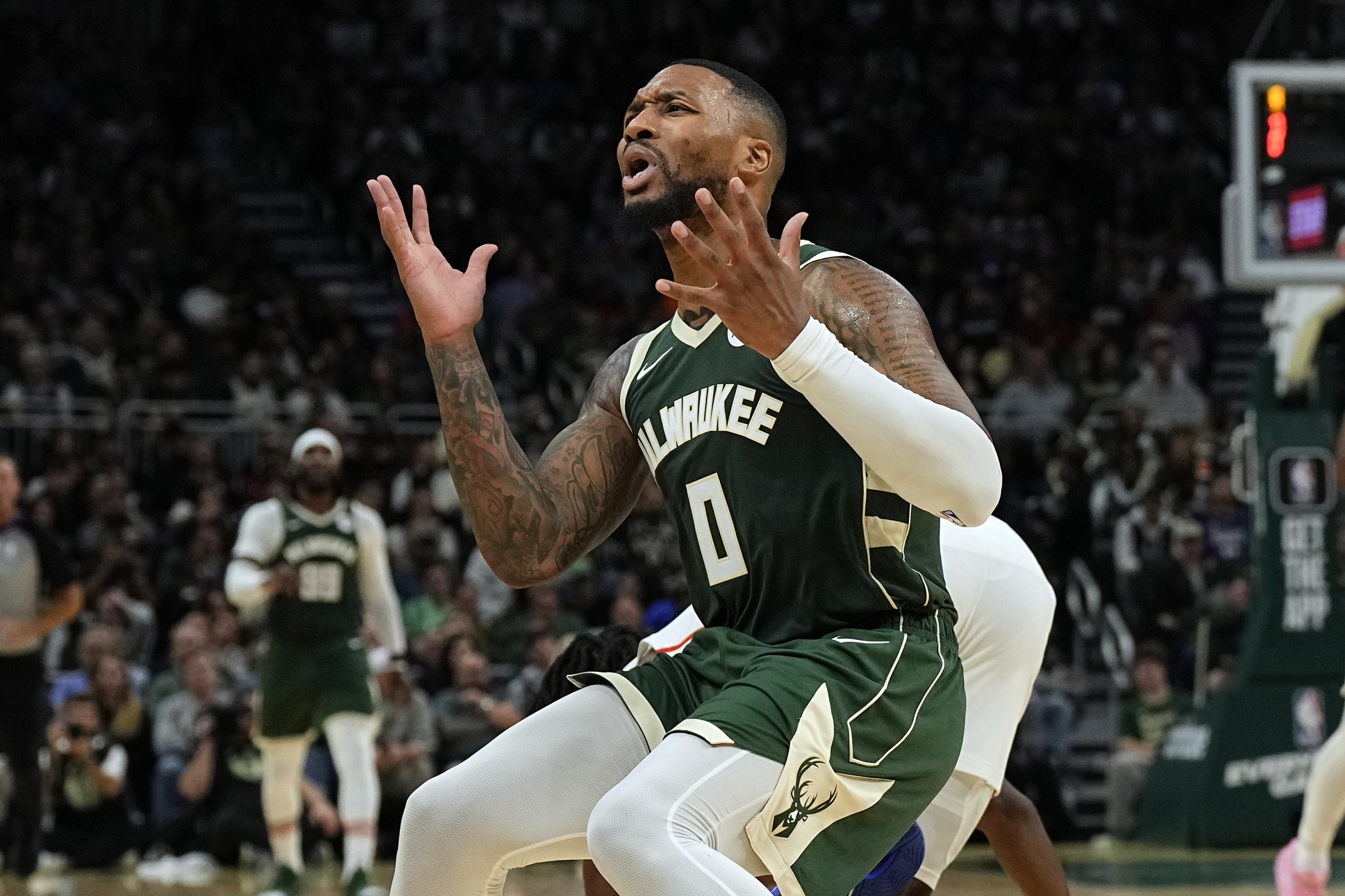
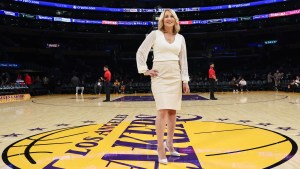

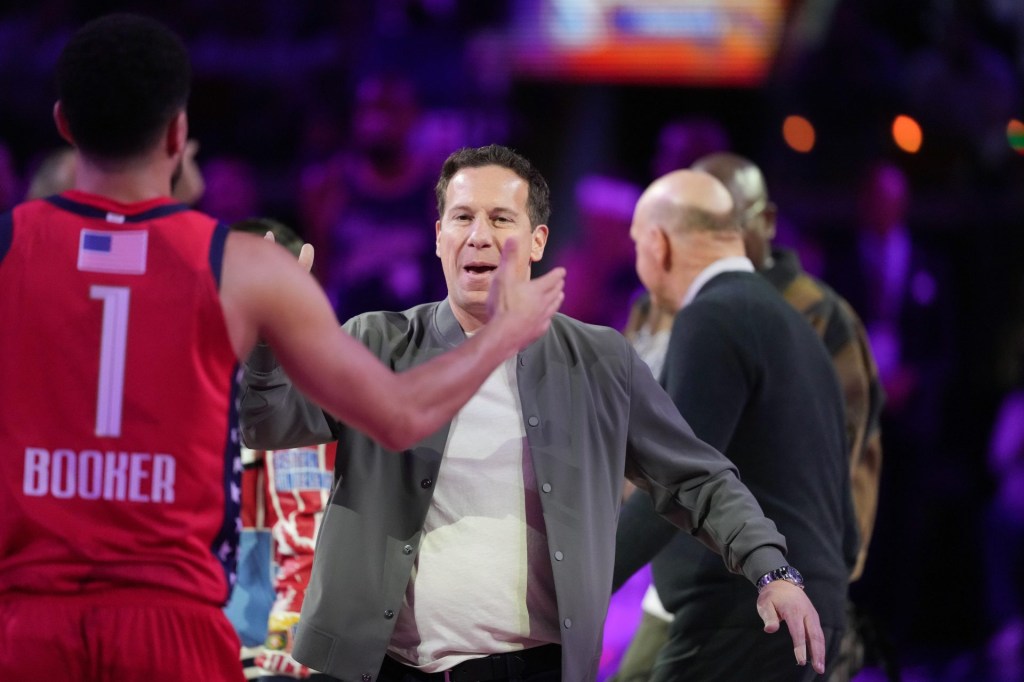
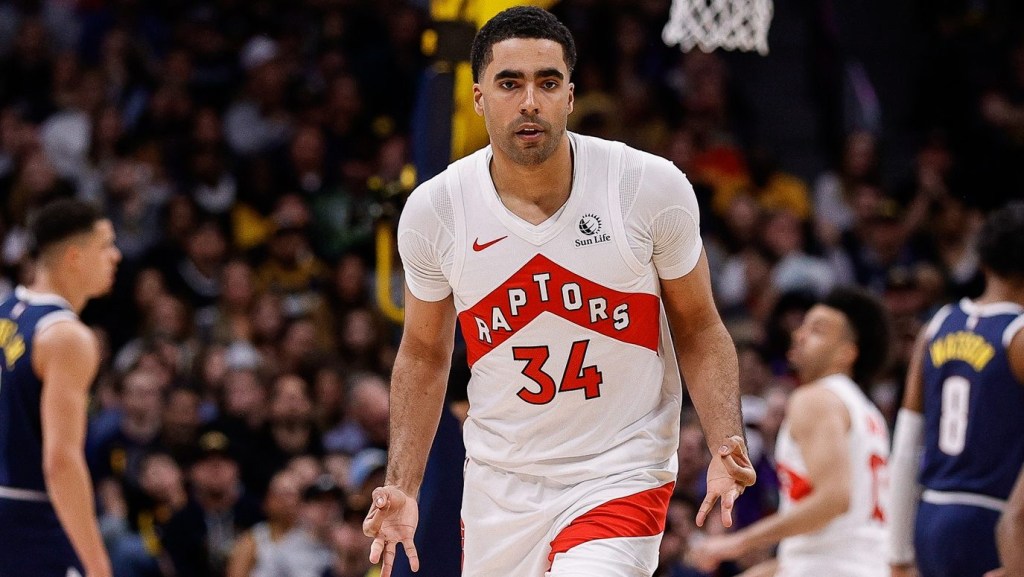
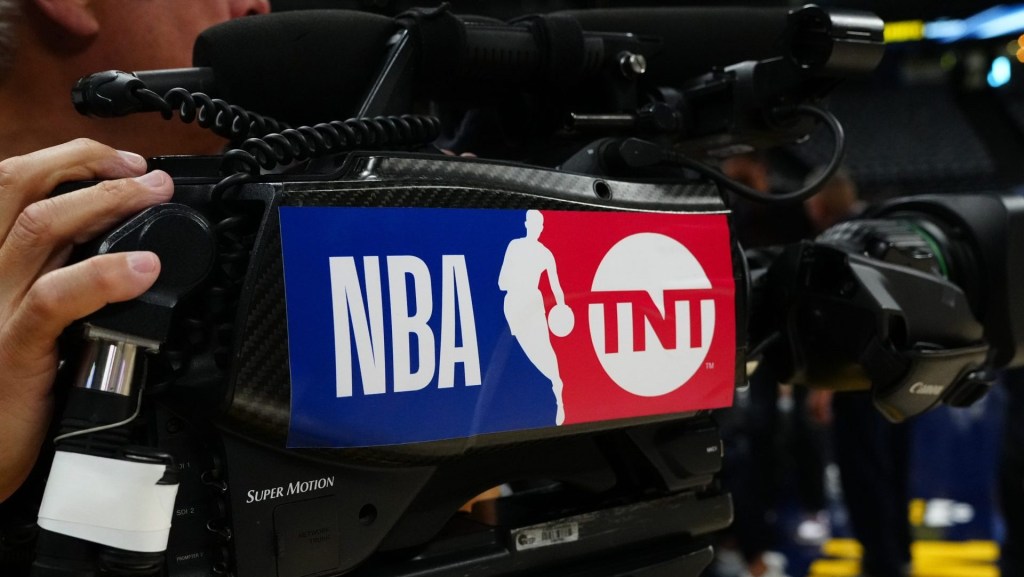

![[Subscription Customers Only] Jun 15, 2025; Seattle, Washington, USA; Botafogo owner John Textor inside the stadium before the match during a group stage match of the 2025 FIFA Club World Cup at Lumen Field.](https://frontofficesports.com/wp-content/uploads/2026/02/USATSI_26465842_168416386_lowres-scaled.jpg?quality=100&w=1024)
![[Subscription Customers Only] Jul 13, 2025; East Rutherford, New Jersey, USA; Chelsea FC midfielder Cole Palmer (10) celebrates winning the final of the 2025 FIFA Club World Cup at MetLife Stadium](https://frontofficesports.com/wp-content/uploads/2026/02/USATSI_26636703-scaled-e1770932227605.jpg?quality=100&w=1024)

